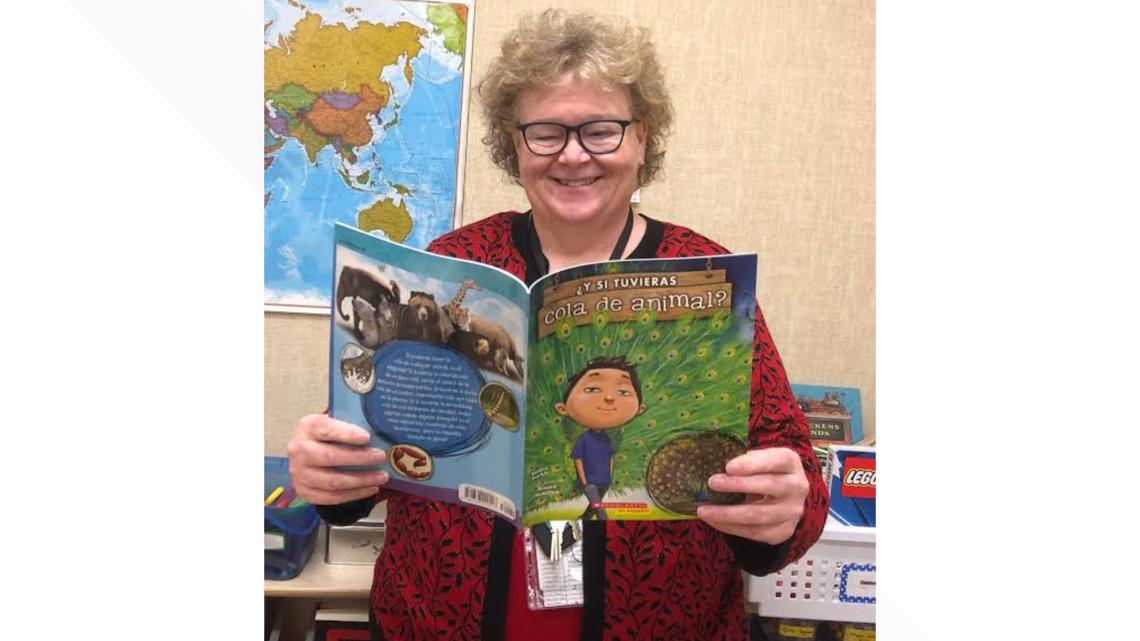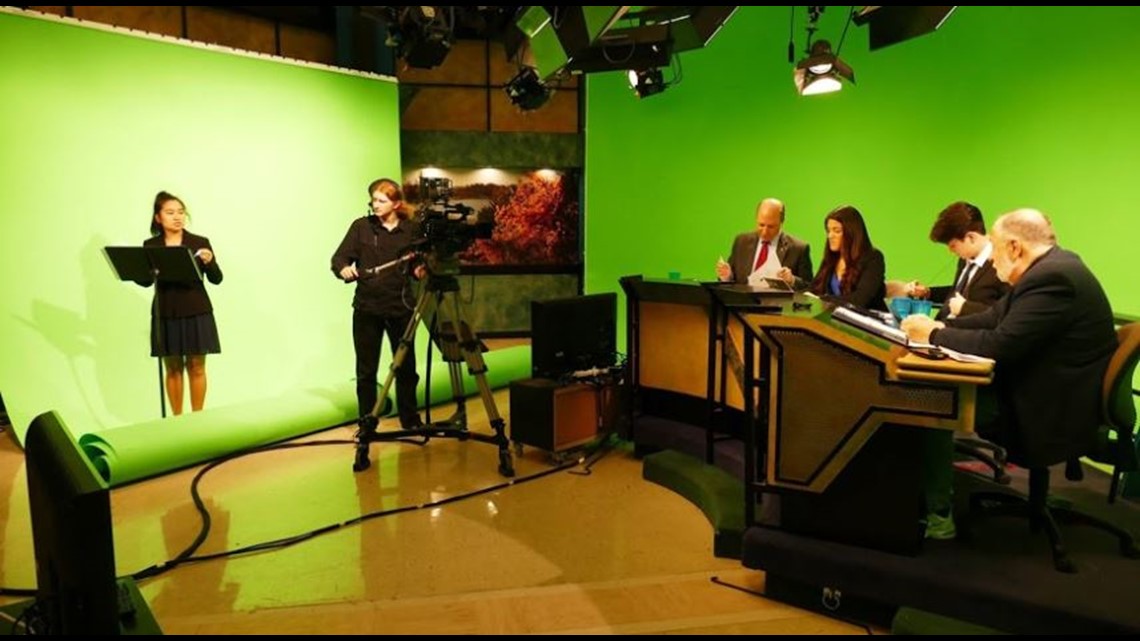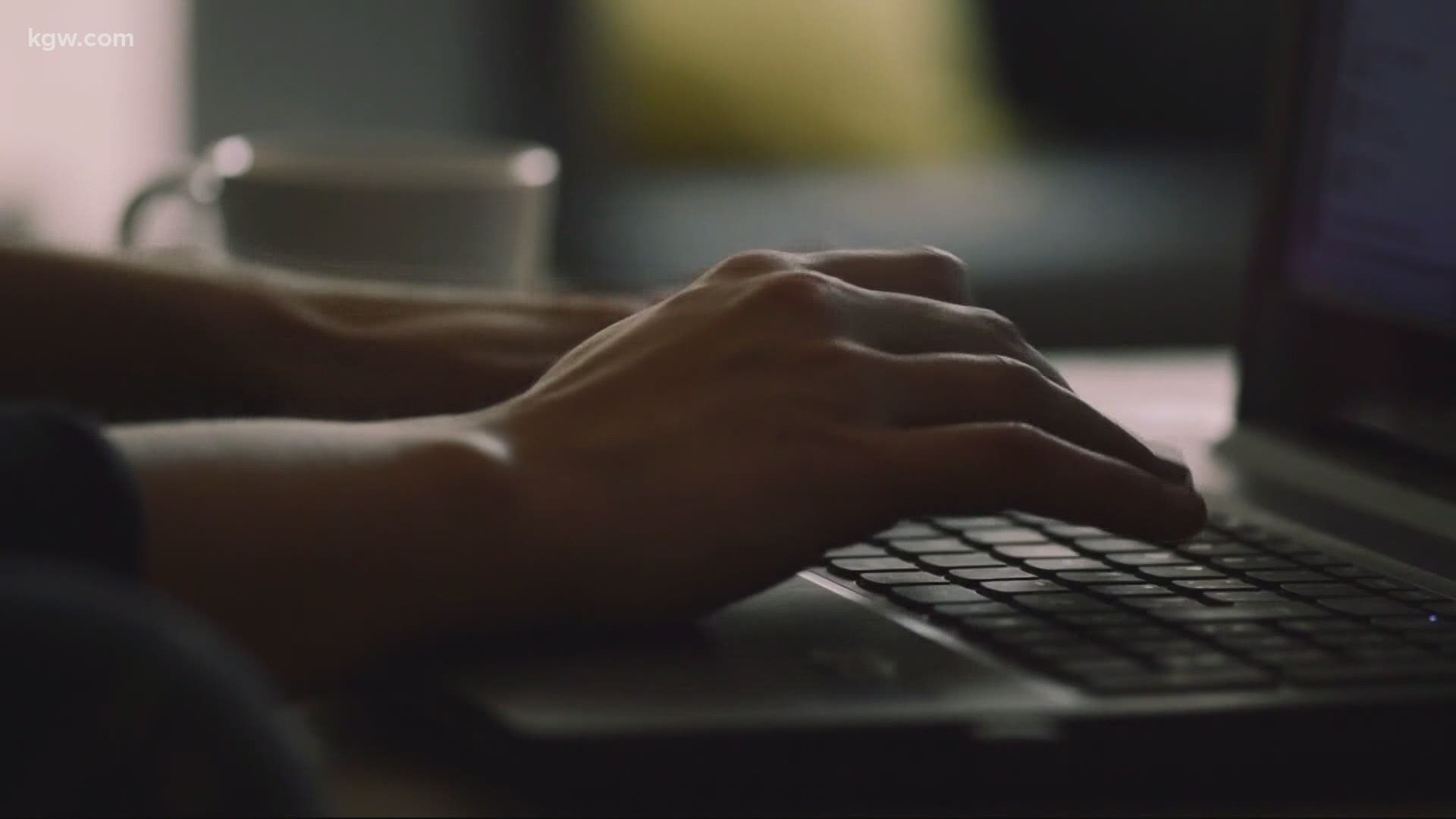PORTLAND, Ore. — We’re about a month into distance learning for many districts in the state and many teachers are dealing with challenges associated with it.
We decided to catch up with a couple of teachers in the Portland area to see how they’re doing.
One of the teachers we spoke to is Teresa Figgins, a 5th grade bilingual teacher in Oregon City.
“This is my 33rd year and the first few weeks are always hard. So this is just hard in a different way,” said Figgins.
“The problem with COVID is you don’t know what the end date is,” she said.
Figgins said she’s loved seeing her kids and talking to them, even if has to be online. Still, teachers are having a tough time.
“You aren’t gonna find a teacher who makes it through a week without crying or wanting to cry at least once just because […] everything takes longer and you can’t give the kids everything they need in the moment,” said Figgins.
She said it’s a somewhat similar feeling to being physically in class, when she’s got 36 kids in the room, but she can’t fulfill all their needs.


Still, the situation with COVID-19 is different. Figgins said she and other teachers she knows are working many hours more than they ever did before.
“I feel for my colleagues who have small children and are teaching,” she said.
New platforms and technology issues are just a couple things teachers have to deal with.
“When we do meetings and if something doesn’t work, I say 'you know it didn’t work, we’ll try again,'” said Figgins.
“In a sense, we’re all first-year teachers because this is our first year online.”
Over in the North Clackamas School District, teacher Deborah Barnes feels similarly.
“I was perfectly honest. I said ‘I’m gonna screw this up. You’re gonna screw this up. Let’s just get through this,’” said Barnes.
She’s been teaching broadcast journalism at the Sabin-Schellenberg Center for 27 years.
Normally her teens would be doing a lot of hands-on learning and professional development in a broadcast studio or radio station setting. But due to COVID-19, they can’t right now.


“I feel like I am not giving them what they deserve. So that’s very emotional for me because I left the business, so the kids could learn about the business,” said Barnes.
While online learning has been difficult, both Barnes and Figgins support it. They want to keep both teachers and kids safe.
“I’m anxious about what’s going to happen if we come back to in-person learning before we have a handle on this,” said Figgins.
“I have a family member who caught a rare disease as a child that has affected him for his entire life, and we don’t know [about COVID-19]. There’s so much we don’t know that I just, I worry,” Figgins said.
Both Figgins and Barnes made clear their commitment to teaching, even under such difficult circumstances.
“Have some patience with the teachers, your teachers, that are working with your kids. We want this to happen for them so badly, more than you know,” said Barnes.
Figgins said there are ways to help your child’s teacher.
Tell them if something works well for your child. Chances are, it might work well for another child.
If something doesn’t work, Figgins said teachers also want to know about that. If they don’t know, they can’t help.
Districts make the difference
Both teachers also mentioned how grateful they are to work in the districts they do. Figgins and Barnes said they received time before they started teaching students, to get more comfortable with online learning platforms.
Barnes, who is also the president of the Oregon Association for Career & Technical Education, said she’s heard from teachers across the state about districts that don’t give teachers adequate time to prepare or familiarize themselves with new online learning platforms.
“Teachers become frustrated. Teachers overwork themselves and spend hours on their own time trying to figure it out,” Barnes said.
In addition, Figgins said her district is providing office hours to help parents and students navigate online learning.
“So I have an hour a day where I’m in a Zoom with my other 5th grade teacher so kids can drop in and parents can drop in and we can help them, and that’s so exciting,” said Figgins.

